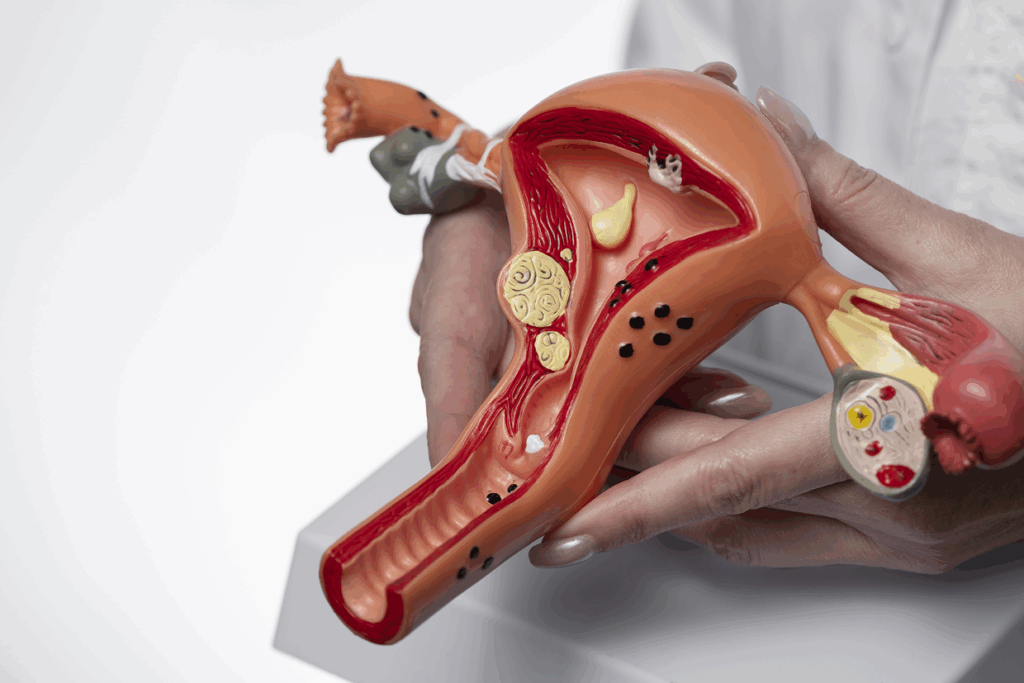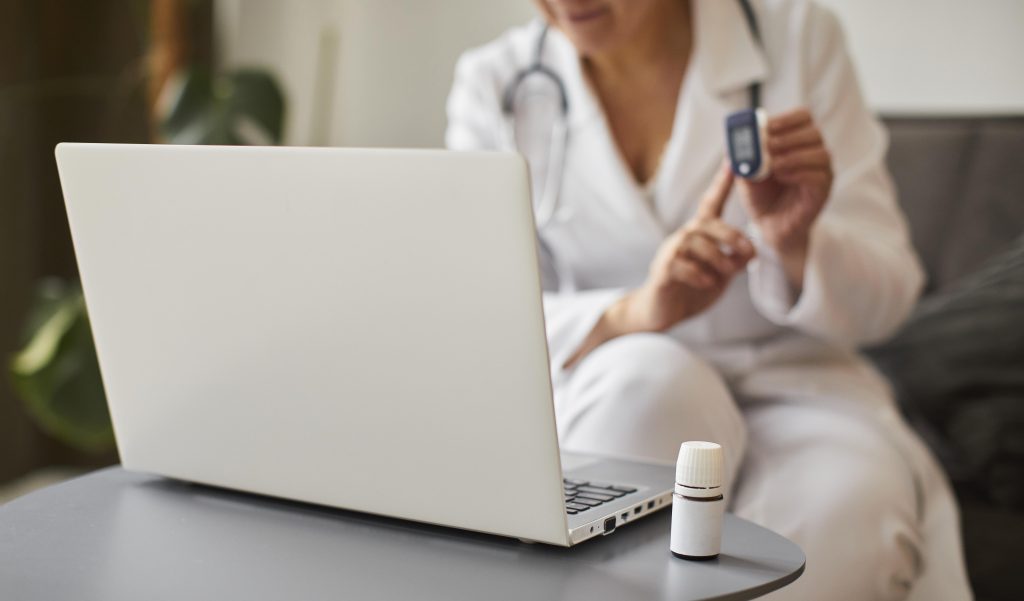Polycystic Ovary Syndrome (PCOS)
Table of content
What should you know about your health?
Polycystic Ovary Syndrome (PCOS) is one of the most common hormonal disorders among women of reproductive age. It is estimated to affect one in ten women and is most often diagnosed during puberty or in the early twenties. This condition not only impacts reproductive health but also has significant effects on overall health and psychophysical well being.
What exactly is PCOS?
PCOS is a condition in which the ovaries produce elevated levels of androgens male hormones that are normally present in small amounts in women. This leads to a hormonal imbalance that disrupts the normal maturation of egg cells, resulting in the appearance of multiple small cysts (follicles) on the ovaries, irregular ovulation and menstrual cycles, as well as an increased risk of infertility.
Symptoms you shouldn’t ignore:
- Irregular or absent menstrual periods
- Excessive hair growth (hirsutism)
- Acne and oily skin
- Weight gain
- Fertility issues
- Hair thinning or hair loss on the scalp
- Fatigue, mood changes, depression

Why is early diagnosis important?
Early diagnosis enables timely treatment and prevention of long-term complications, including:
- Type 2 diabetes
- Hypertension
- Metabolic syndrome
- Heart diseases
- Endometrial carcinoma
Treatment and lifestyle changes
Although PCOS cannot be completely cured, the symptoms can be successfully managed with an appropriate approach:
- Individualized nutrition plan
- Regular physical activity
- Body weight regulation
- Medical therapy (contraceptives, insulin sensitizers, etc.)
- Support from an endocrinologist, gynecologist, nutritionist, and psychologist
Conclusion
PCOS is more than just a reproductive disorder, it is a condition that requires a comprehensive and holistic approach to women’s health. With timely information, diagnosis, and support, every woman can live a quality and balanced life.
Your health is your priority. Follow us for more health tips!


